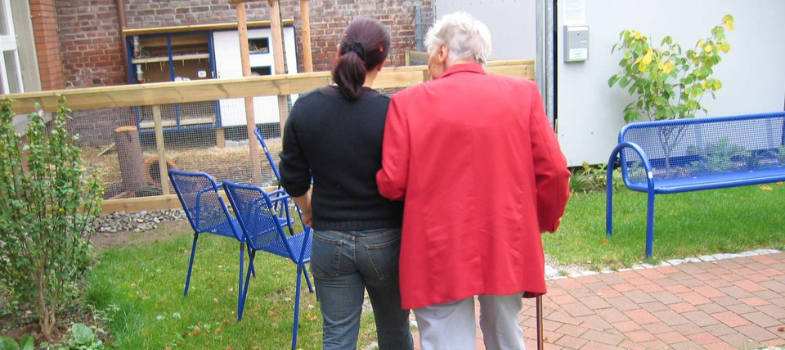2.6 Non-motor symptoms
People living with Parkinson’s can experience a range of non-motor symptoms, such as sleep, mood and memory problems, which can often have a greater impact on their lives than movement difficulties. Non-motor symptoms are present at all stages of the condition but they can dominate in the complex phase of Parkinson’s.
These symptoms can be poorly recognised and insufficiently treated. So it is essential that they are recognised as early as possible and that there is a multidisciplinary approach to each person’s care.
There are many non-motor symptoms in Parkinson’s, including pain, memory loss, bladder and bowel problems, mood changes, and difficulties sleeping. Here we look at some of the more common examples and what you can do to help those living with them.
2.5 Helping to manage stiff, rigid or frozen muscles
